Every day, with worrisome and concerned looks, I get somber questions about coffee and caffeine. Is coffee bad for you? Do you, Dietitian Cassie, personally drink it? How much is too much? Coffee is a morning tradition for people all around the world, so it’s no wonder you get nervous when you approach me with this concern. You’re afraid I’m going to shatter your world by wagging my finger at you and telling you to ditch it for good. Well, I would like to be the bearer of good news and truth. Grab a cup of coffee and let’s delve into this — yes, the permission to grab coffee may be foreshadowing to what I’m about to tell you… 😉
The good news: coffee in and of itself is not bad for you.
What’s bad for you is NOT your coffee— it’s this:
1) The crap you’re adding to your coffee. If you’re drinking it black, keep doing what you’re doing, my friend. And feel free to add a little or a lot of heavy cream or butter (yes, coffee and butter!). Your taste buds and waistline will thank you. That being said, a large percentage of you asking me this nerve wracking question about coffee being good or bad for you are talking about daily mochas, lattes, frappés and other fancy schmancy drinks. (Fancy schmancy is key word for “sugar-laden.”) Maybe you’re not hooked on specialty coffee drinks, but you’re adding powdered creamers that contain sugar and hydrogenated oils (trans fats), sugary or calorie free syrups and fake whipped cream topping. All of these drinks, hot or iced, are metabolism and energy depleting. Many of my clients tell me they are literally addicted to their mochas, and they can’t understand why. Well, I’ll tell ya one thing: it’s not necessarily the coffee or espresso. Sugar has an incredibly addicting effect on the brain. No wonder you’re craving more. We need to learn to appreciate coffee for what it is, either black or with a healthy fat of your choice.
2) Cheap coffee. So I kind of stretched the truth when I said that coffee in and of itself is not bad for you. If you’re using cheap coffee, then it’s not necessarily good for you. Cheap coffee contains toxins. I take pride in buying my coffee from my friend, Dave Asprey’s company. Especially if you’re consuming it daily, it’s important to go with high-quality — just like with vitamin and mineral supplements. If you can, go organic and try to stick with the regular. (Caffeine protects the beans from toxins, so decaf is not the best choice.)
3) Coffee interfering with snoozing. If it’s affecting your sleep at night, you need to reduce your consumption or figure out your individual “Coffee Cut-off” time — the time where if you drink any amount of coffee after, it will interfere with your sleep. (Mine’s 2:00 pm.) Most studies say that the half-life of caffeine is around 5 or 6 hours. This means if you’re relying on a cup of java to help you get through the afternoon, the caffeine could likely still be in your system at bedtime. A common viscous cycle is coffee interfering with sleep and lack of sleep interfering with energy levels thus causing you to consume more coffee which interferes with your next night’s sleep! And so on and so forth. Your best bet is to consume coffee before your cut-off time so you don’t find yourself in the midst of this kind of cycle. (Trust me, it’s a battle you definitely can’t win! Your body will make sure of that.) If you’re having trouble sleeping, be sure to grab my free guide by clicking that there yellow button.
Grab my Free Guide to Sleeping Soundly!
4) Being dependent on coffee… or anything for that matter. I love coffee. I drink it daily. I drink it with a lot of heavy cream or butter and chocolate Dynamic Fruits & Greens. Although I enjoy it daily, once or twice a month I go without coffee for a few days. I do this to check myself and make sure I’m actually enjoying coffee because I like it, not because I “need it” to make it through the morning. I’m a huge advocate of continually being in relationship with your body and paying attention to what affects it negatively and positively. I think this is a good practice with anything really. Try going without your cell phone or iPad for a day or two. A general rule of thumb is that it’s not good to feel chained down or controlled by anything. Remember, what you crave can make you a slave, and if you can’t go without it you probably shouldn’t live with it!) Back to my point on coffee, if you’re refraining from it and feel symptoms of withdrawal such as headaches, cravings or lack of energy, then you probably need to decrease your daily consumption and/or take a break from it and see how you feel.
5) If you’re OD-ing. Just like coffee interfering with sleep, if you’re feeling jittery or anxious, you’re likely overdoing it. Moderation in relation to coffee drinking is two to three 8-ounce cups per day (and just one for pregnant women). Of course, everyone’s biochemistry is different, so there are people who can drink coffee all day and throughout the evening and aren’t affected. Then there’s people like me, where if I get even one extra shot of espresso, I feel jittery. (You could say we have a low tolerance for caffeine!) Your best bet is to know your limits, and if you don’t, then figure out what they are. Focus on your relationship with your body and enjoy the aroma and taste of that fresh cup o’ Joe.
Disclosure: One or more of the links posted on this page is an affiliate link. Please know, however, I wouldn’t recommend a product that I don’t personally use or believe in. 🙂
If you think coffee—or something else—may be interfering with your sleep, then click the button below and I’ll send you my comprehensive guide to sleeping soundly so that you can get on track with your most rested and energetic self!

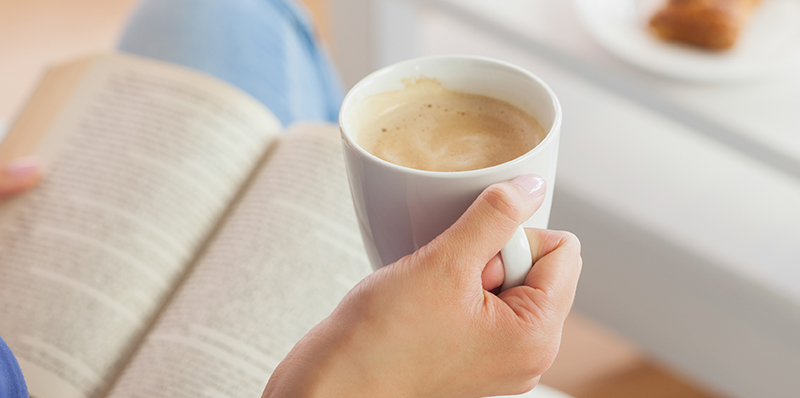

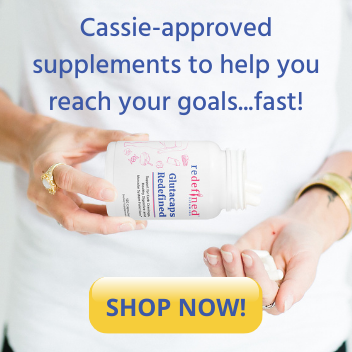
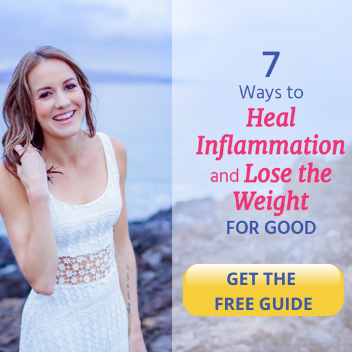


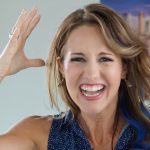

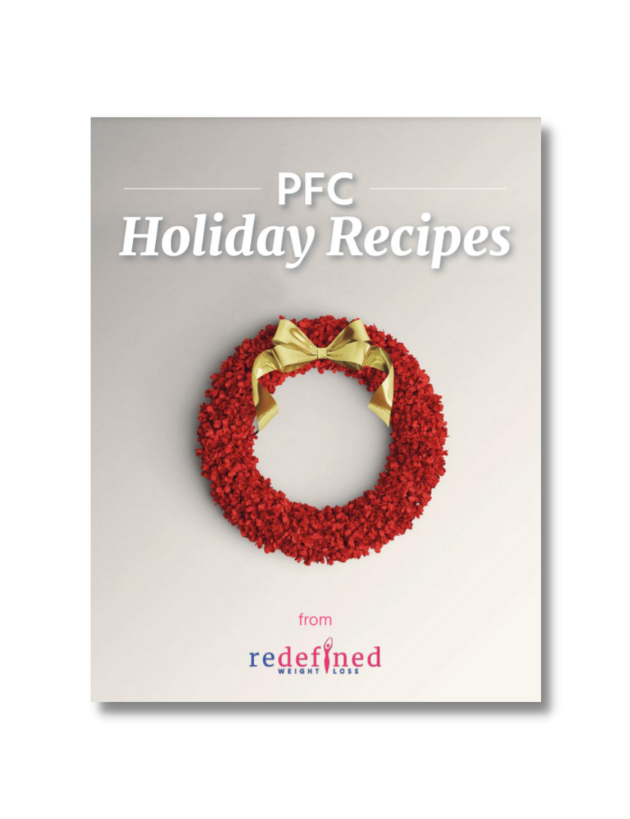

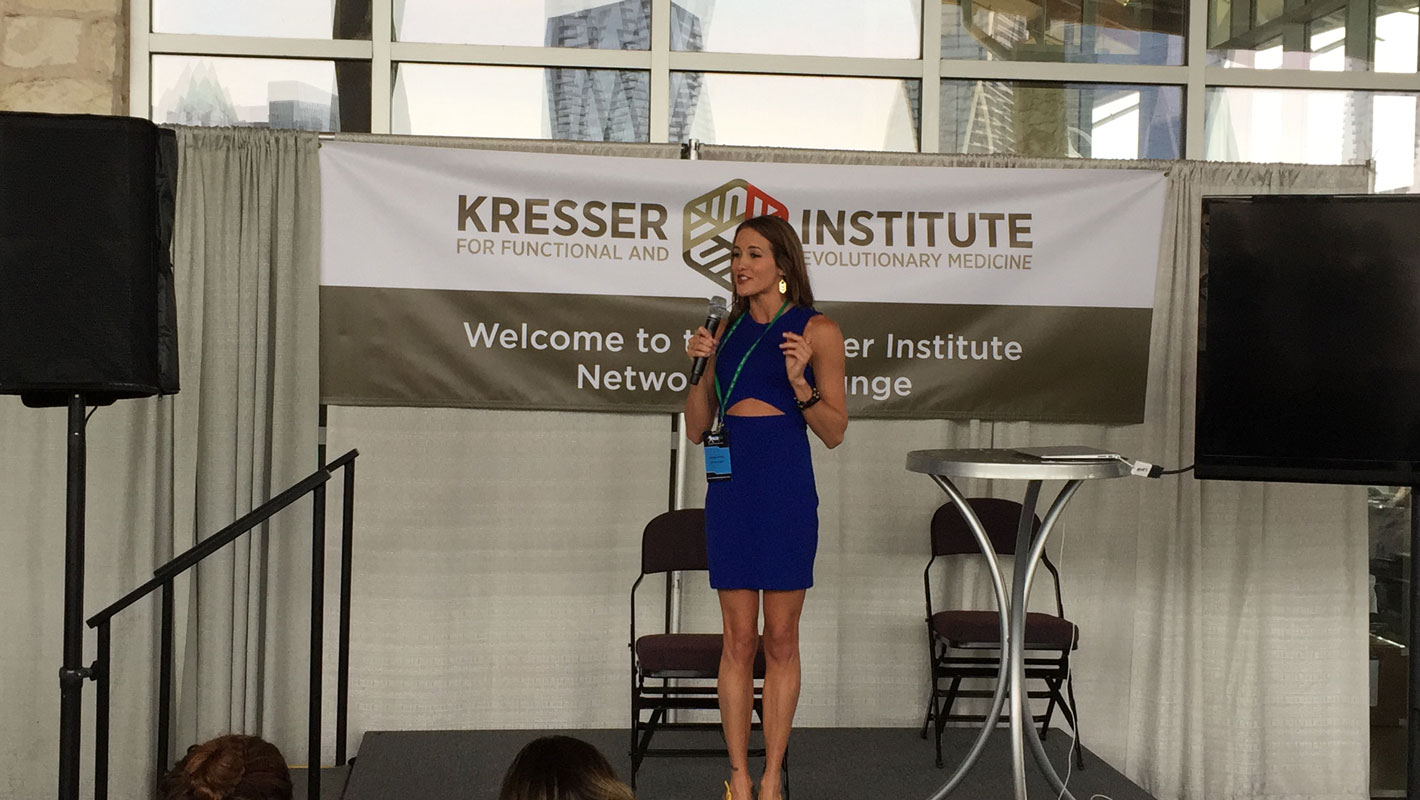
Is there such a thing as too much heavy cream? I see 2T as a common serving size posted (in coffee, on fruit, etc), but what about adding a little more per taste?
Much of it is. I personally would only go with this decaf coffee: http://www.gopjn.com/t/SENHSU1KR0dDR0dGT09LQ0dGRk1JSA
I definitely consider Folger’s “cheap coffee,” along with most coffees that aren’t organic, since they use all sorts of pesticides and chemicals on their coffee beans which we don’t want in our bodies. Sorry that I can’t recommend any from the store.. I’m no coffee expert which is why I buy the highest quality ones here: http://bit.ly/18TQ3td 🙂
Hey Cassie! While I’m not a decaf drinker myself, I’m a long time barista and coffee nerd. While I can’t attest to it being completely toxin-free, I can tell you that anything that’s marked as Swiss Water Decaffeinated doesn’t use the typical decaffeinating chemicals and yuck. It’s a cool process, and if it isn’t toxin-free, it’s about the closest you can find. It’s somewhat less pricey than your friend’s beans, though I’m sure his are fantastic. :)nnIf you’re curious- http://www.swisswater.com/consumer/swiss-water-process
Good to know! It’s always nice to have options! 🙂
My functional doc took me off coffee due to adrenal fatigue. I still miss it. 🙁
Depends on what you’re going for 🙂 I like adding butter to mine.
I’m not too concerned about sugar added to coffee, so long as it’s not huge spoonfuls. I always go back to asking questions like, If you feel like you “need” it to be sweeter, check in with yourself: Why do we “need” these sweeteners anyway? Could it be because we are excessively addicted to sugar? Do your best to keep the focus on real food, and if you find that to be nearly impossible due to your sugar cravings, then that’s where I suggested getting help to break the addiction. I went through that process myself and it’s oh-so-liberating! 🙂 We’re on your team!